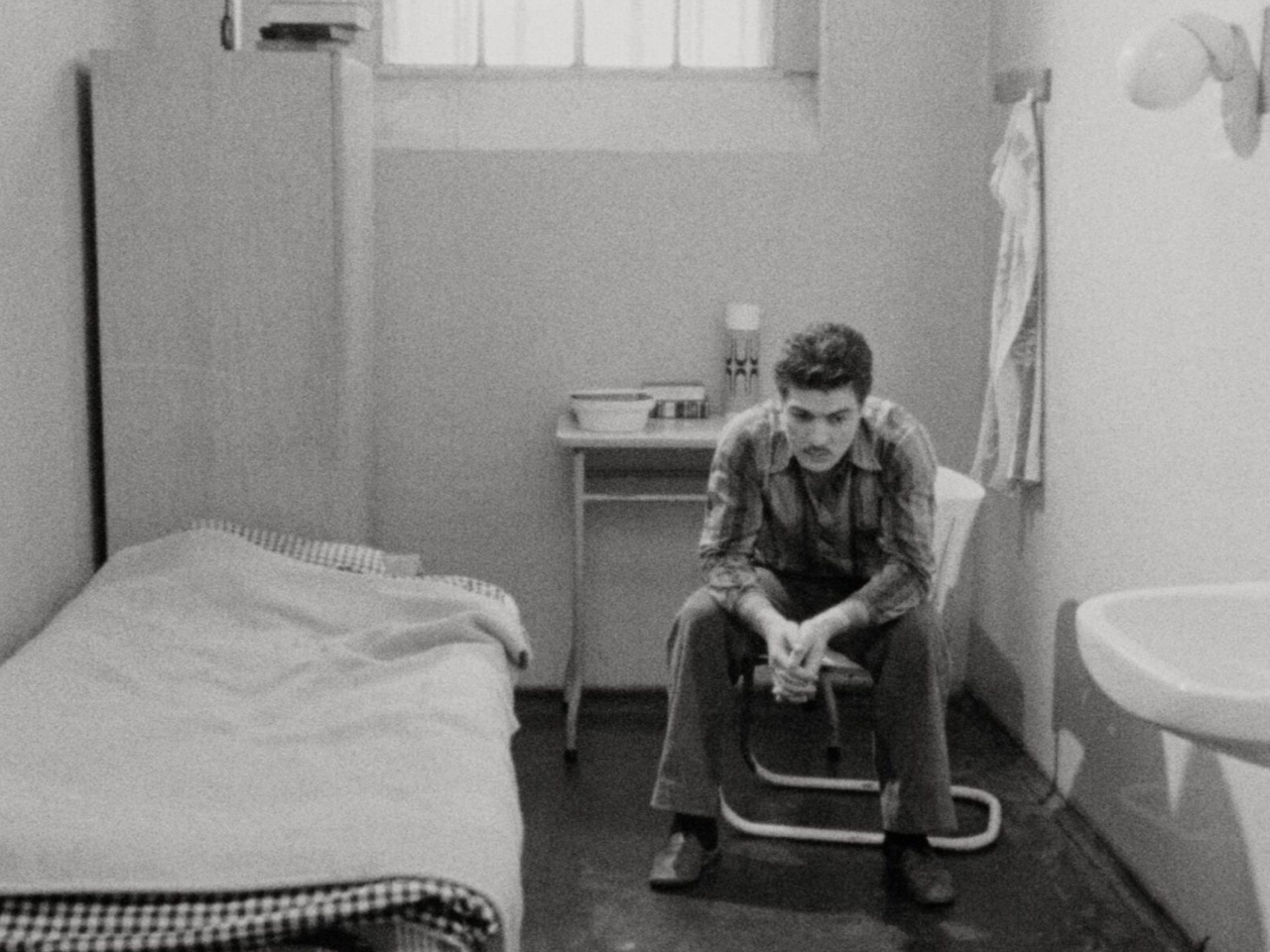
Mehrangis Montazami-Dabui’s documentary Wir wollen auch leben examines structural racism in West Germany. The film focusses on the power that the state and legal institutions such as the immigration authorities or the police exerted on foreign youths in the 1970s. It addresses the issue of juvenile delinquency and how it relates to the fear these youths experience under the constant threat of deportation.
EN
Audience member: In my opinion, the film - and the problem of foreign young people in general - is not about why they came 10 years ago, but about the fact that 4 million people - half of them young people - live here today. That's the first point. They are here, and that is why we have to ensure that their discrimination is reduced and that they are treated with dignity. The second point, which I find very good in the film, is that it allows these young people to have their say and that it makes clear the extent of the everyday scandal that is happening in Germany. That's where my question comes in: Why is he [a social worker] so polite with those responsible? That is a mystery to me. This social worker from Moabit, who knows what goes on in this prison, should be pressing charges, he should be doing more against these everyday beatings, from which the foreign youths in particular suffer […] Instead, he waffles on more or less theoretically. Why didn't you make this contradiction clear?
Montazami-Dabui: The social worker was the only one you could talk to. He immediately said, "It really hurts me when I see the young people in the cell all day. They have no radio, no magazines, they just sit alone in the cell and only go out for half an hour every day.” And then I [asked] him if he was willing to give an interview. And when I got permission to film, there was always an officer watching. I shot 300 metres [of film]. I always thought that now he would come and say what was important. You can see that he wants to say something, but he still doesn't say anything. And then I said, okay, let's go now. When the camera was off, I told him, “but you told it differently before”. “Yes”, he said, “do you want to make me breadless?”
From a discussion at the Duisburger Filmwoche in 19781

